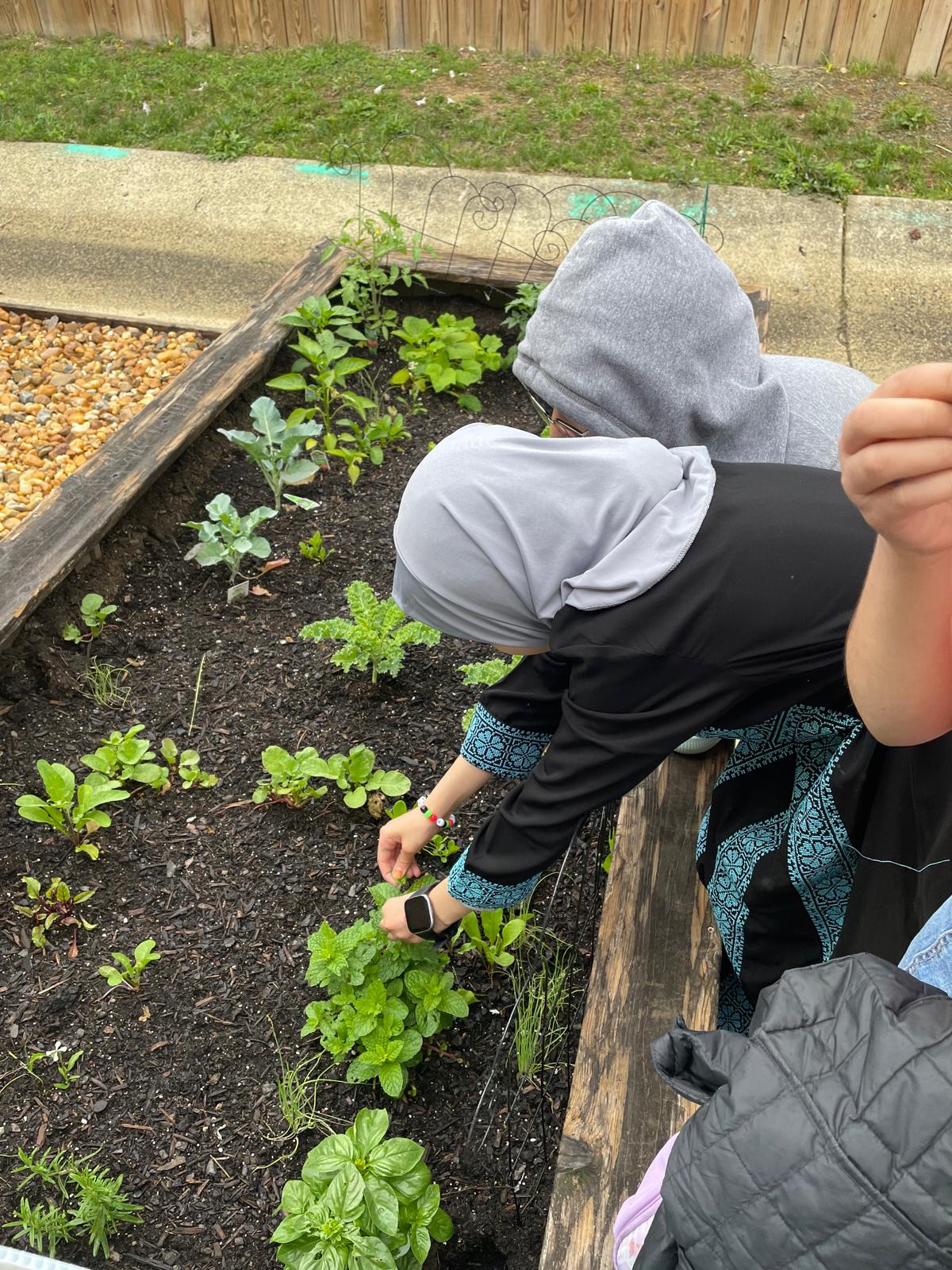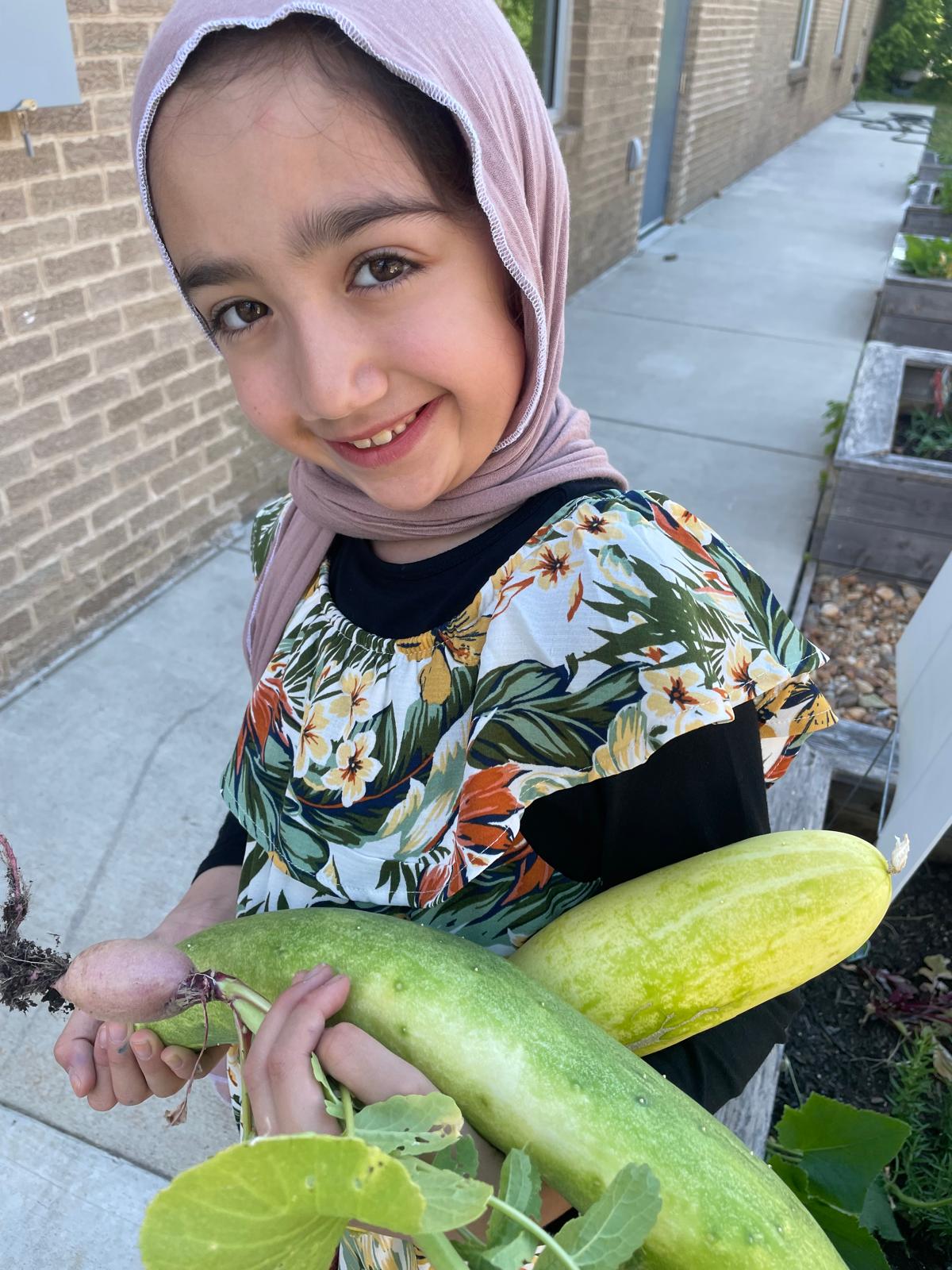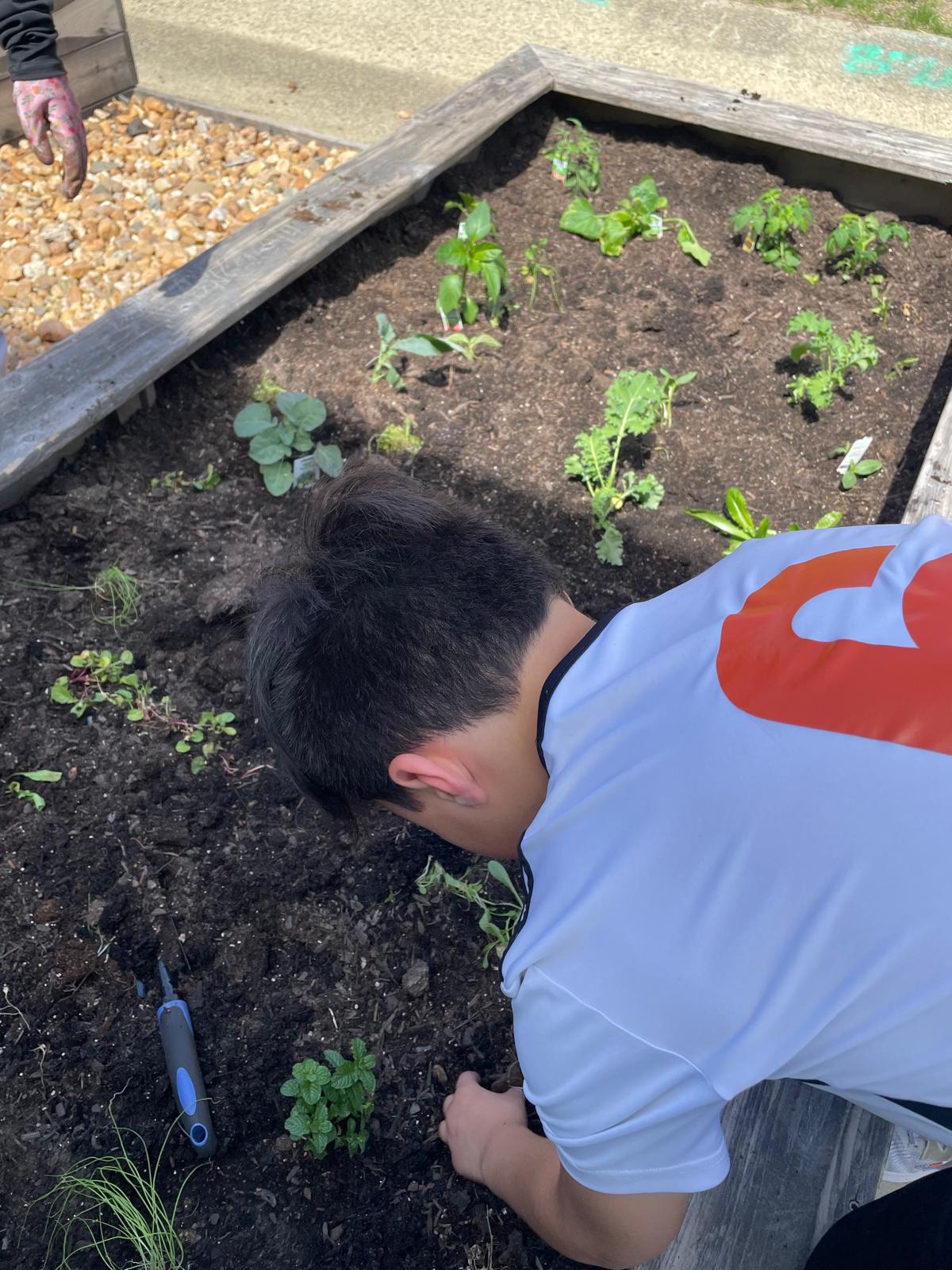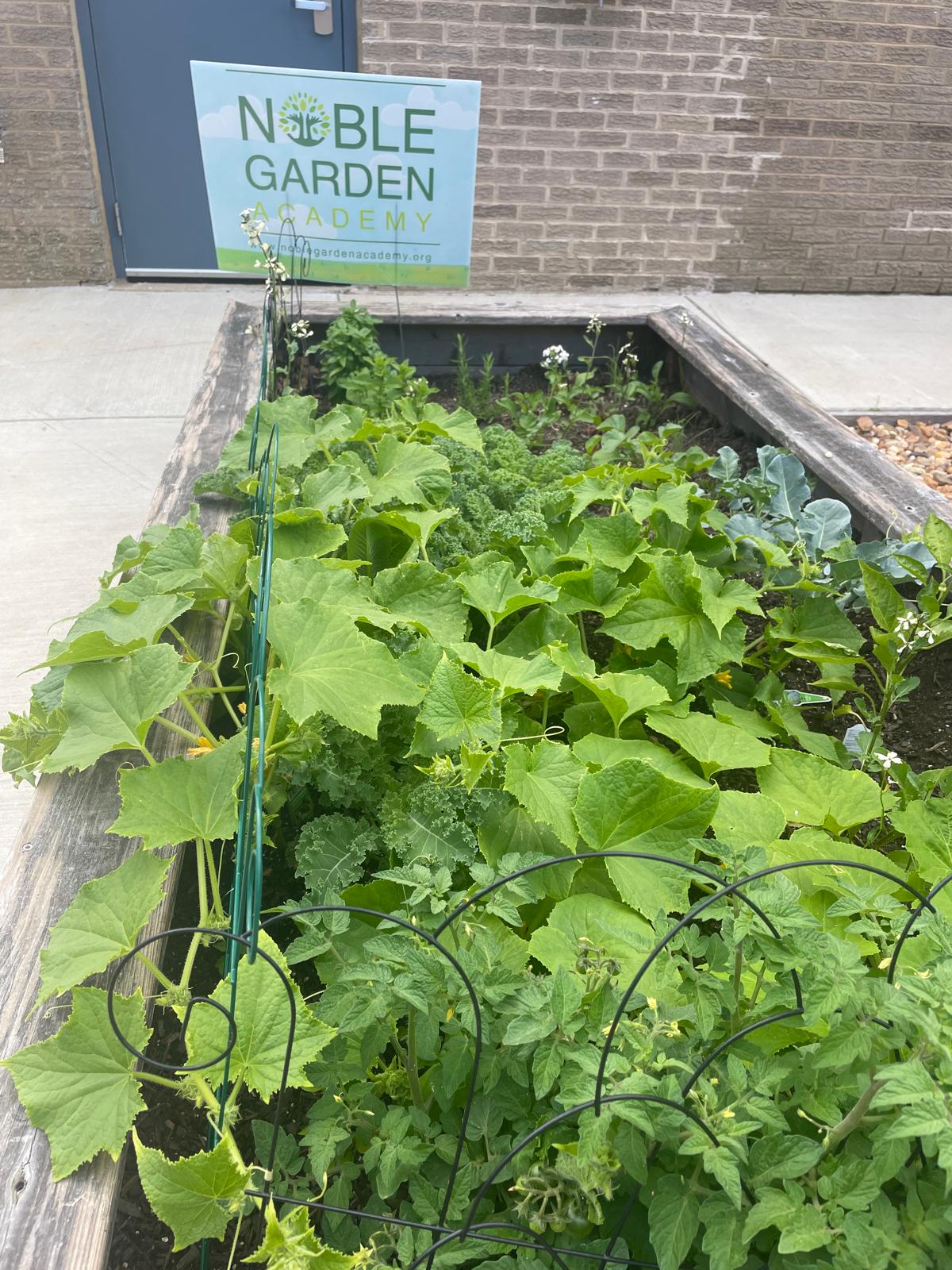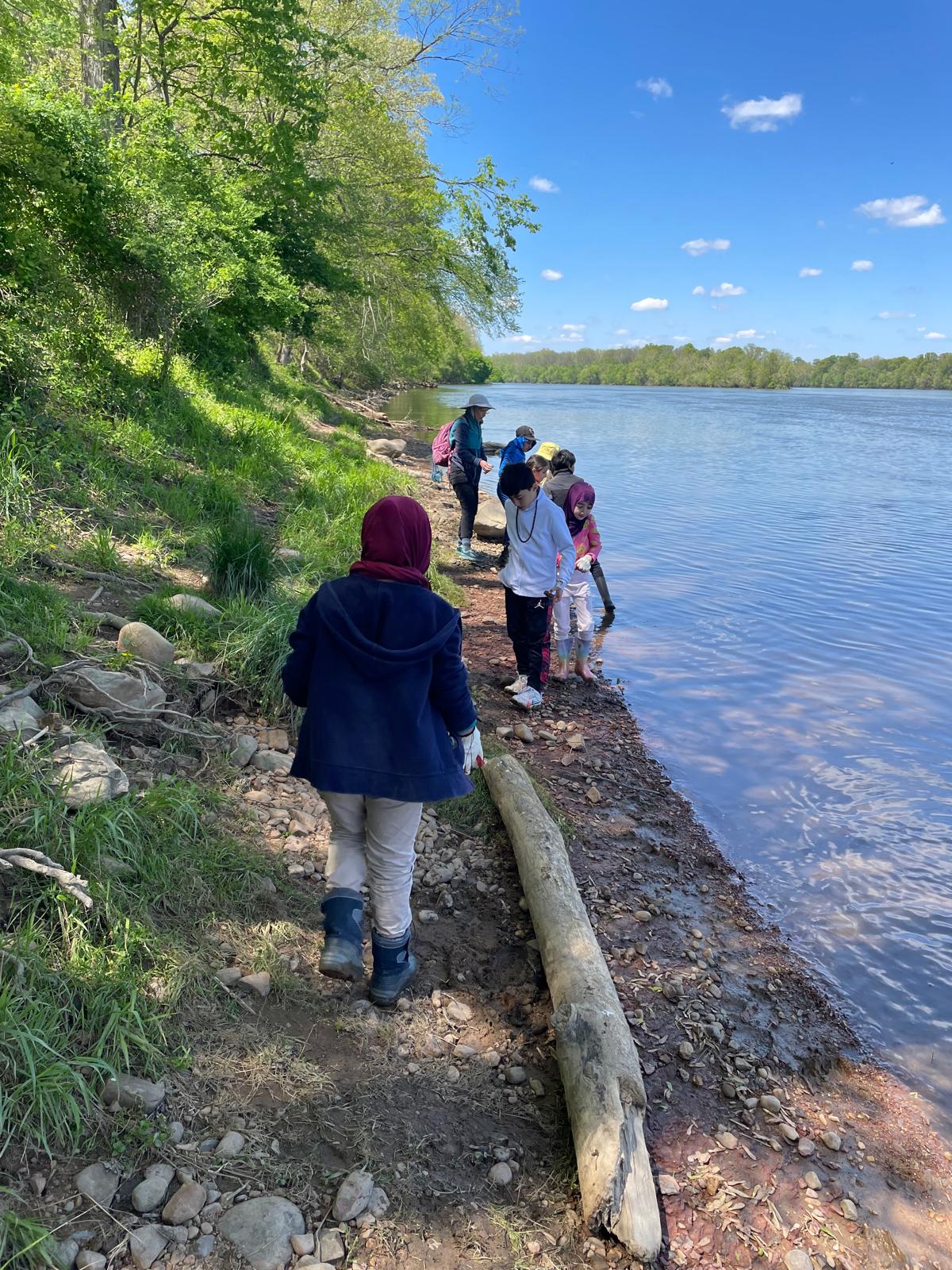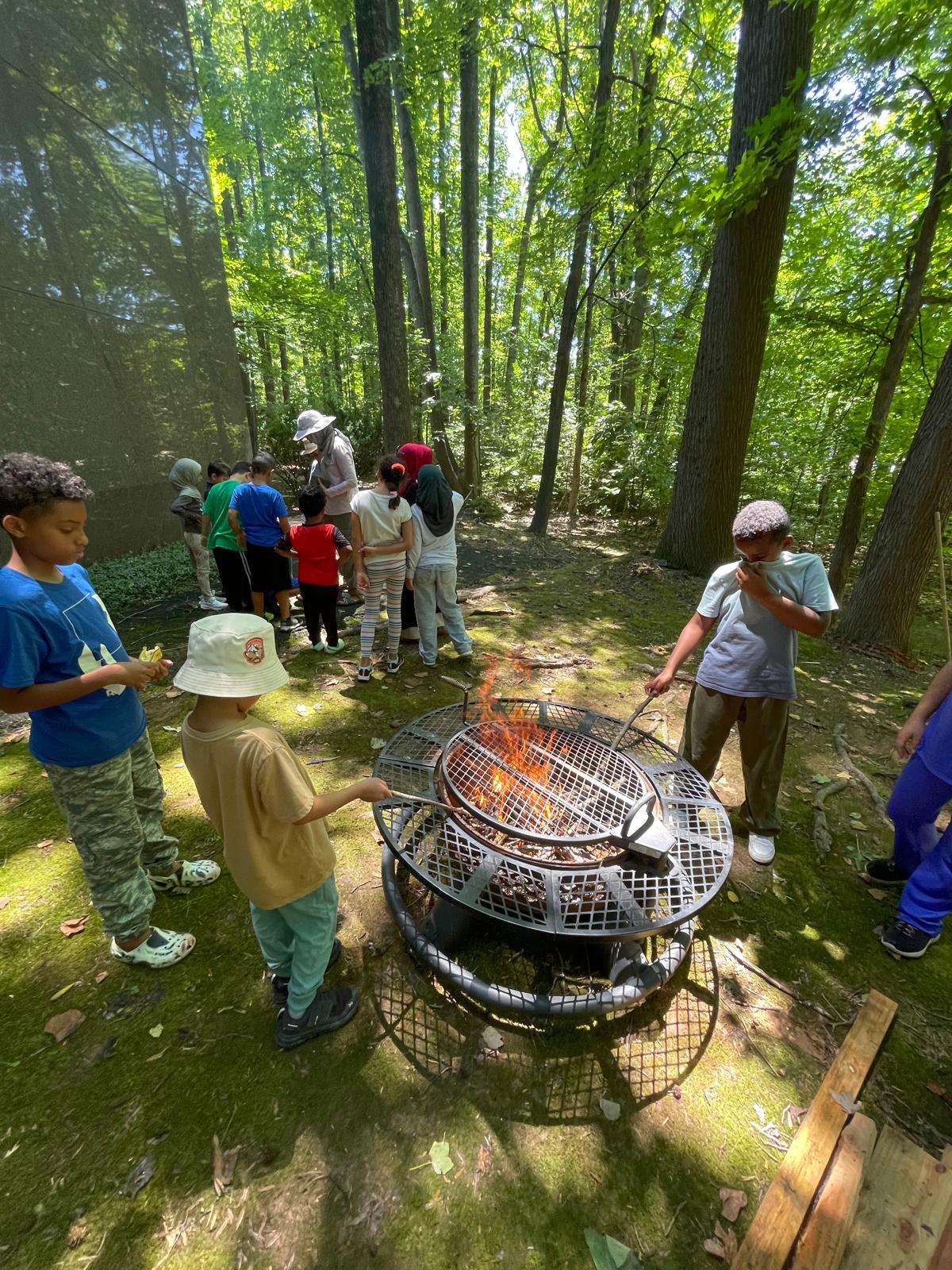Signs of the Creator


Get ready for a summer experience that connects kids to Allah and His creation!
Led by Sheikh Hatim Youssef, our daily Islamic Studies classes are designed to inspire and foster love for Allah and His Messenger ﷺ through captivating stories and Quran memorization. Campers learn how to connect with the Quran through tafsir of simple verses and deepen their spiritual connection to Allah.
But the learning doesn’t stop there! Our unique program combines Islamic studies activities with outdoor exploration. We take the classroom outside, to explore the natural world here at home in our local Fairfax County parks. From identifying native plants to observing local wildlife, students experience the outdoors in a way that builds appreciation and stewardship for the environment.
Campers don’t just explore nature, they develop essential life skills, such as shelter building and outdoor survival skills. They develop teamwork, leadership skills, and self-confidence through intentional collaboration. And all while adhering to Leave No Trace principles, teaching them to respect and protect the environment as a divine gift.
Camp Themes
- Week 1: Seed to Sprout
- Week 2: Pollinator Paradise
- Week 3: Sensory Garden Adventure
- Week 4: Garden Explorers
- Week 5: Art in the Garden
- Week 6: Garden Chef and Celebration
Camp Highlights
- Build Islamic Character
- Connect with the Quran
- Learn Basic Fiqh
- Outdoor Exploration
- Evironmental Knowledge
- Arts and Crafts
- Games
Dates
- Week 1: June 16 – 19
- Week 2: June 23 – 26
- Week 3: June 30 – July 3
- Week 4: July 7 – 10
- Week 5: July 14 – 17
- Week6: July 21-24
Payment Information
- Registration fee: $55 (nonrefundable)
- Weekly rate: $275
- One-time full tuition: $1,650
- Second Sibling: 10% discount
- Third Sibling: 15% discount
- Tuition includes weekly field trips and snazzy camp T-shirt!

